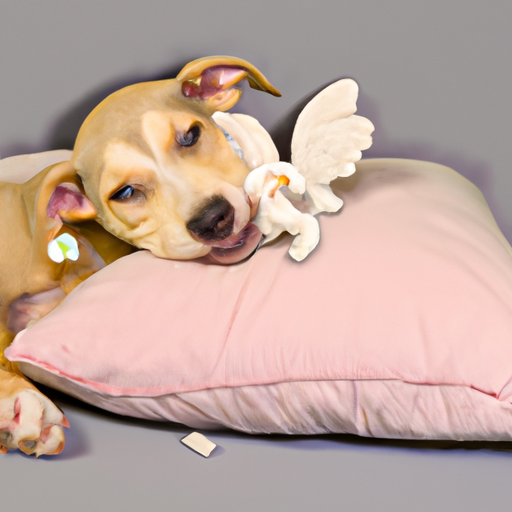As a caregiver to your furry friend, you’re likely to witness many milestones and changes in your pet’s life. One of those significant changes is when your puppy loses its baby teeth.
Understanding the Puppy Teeth Timeline
Your puppy’s dental development is a process that unfolds over several months. Here’s a general timeline:
- Birth to 2 weeks: Puppies are born toothless.
- 2 to 4 weeks: The 28 baby teeth start to erupt.
- 3 to 6 months: Puppies begin losing baby teeth, which are replaced by 42 adult teeth.
Remember, this timeline is an approximation and can vary based on breed and individual growth rate.
Recognizing the Signs of Teething
As your puppy begins to lose its baby teeth, you might notice certain signs. These include:
- Increased chewing: Your pup might chew more to relieve the discomfort of teething.
- Bleeding gums: A bit of blood is normal as teeth fall out and new ones come in.
- Drooling: Excessive drooling is another common symptom of teething.
If your puppy seems excessively uncomfortable or these symptoms persist, it’s a good idea to consult with your vet.
Caring for Your Teething Puppy
As your puppy goes through this phase, it’s important to provide proper care and attention. Some tips include:
- Providing appropriate chew toys: This helps soothe your puppy’s gums and promote the eruption of adult teeth.
- Maintaining a balanced diet: Good nutrition is critical for your puppy’s overall health, including dental development.
- Regular vet checks: Your vet can monitor your puppy’s dental health and address any potential issues early.
Puppy Dental Care Post-Teething
Once your puppy has all its adult teeth, ongoing dental care is crucial. Here’s a basic care routine:
- Brushing: Regular brushing helps prevent plaque buildup and gum disease.
- Dental chews: These can help clean your dog’s teeth, but shouldn’t replace brushing.
- Regular vet checks: Your vet should examine your dog’s teeth at least once a year.
The Importance of Dental Health in Dogs
Poor dental health can lead to serious issues in dogs, such as periodontal disease, tooth loss, and even systemic complications. By taking care of your puppy’s teeth from the start, you’re setting the stage for a lifetime of good dental health.
What to Do If Your Puppy Doesn’t Lose Its Baby Teeth
Sometimes, a puppy’s baby teeth don’t fall out as they should, a condition known as retained deciduous teeth. This can cause problems like overcrowding and improper bite. If you notice any baby teeth remaining after your puppy has grown its adult teeth, consult your vet. They may need to extract these teeth to prevent further issues.
Frequently Asked Questions
Q: At what age do puppies lose their baby teeth?
A: Generally, puppies start losing their baby teeth between 3 to 6 months of age.
Q: What can I do to help my teething puppy?
A: Provide appropriate chew toys, maintain a balanced diet, and arrange regular vet checks.
Q: What should I do if my puppy’s baby teeth don’t fall out?
A: Consult your vet. They may need to extract these teeth to prevent problems like overcrowding and improper bite.
In conclusion, your puppy’s teething phase is a natural process that requires your attention and care. By understanding this process and providing proper dental care, you can help ensure your furry friend’s long-term health and wellbeing.



